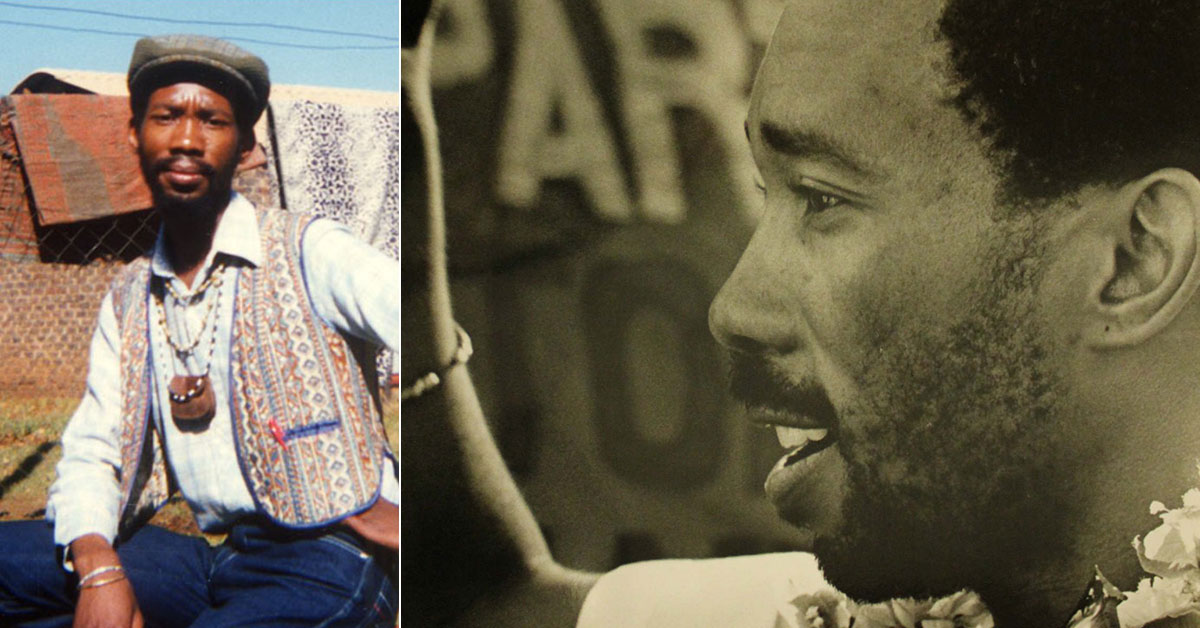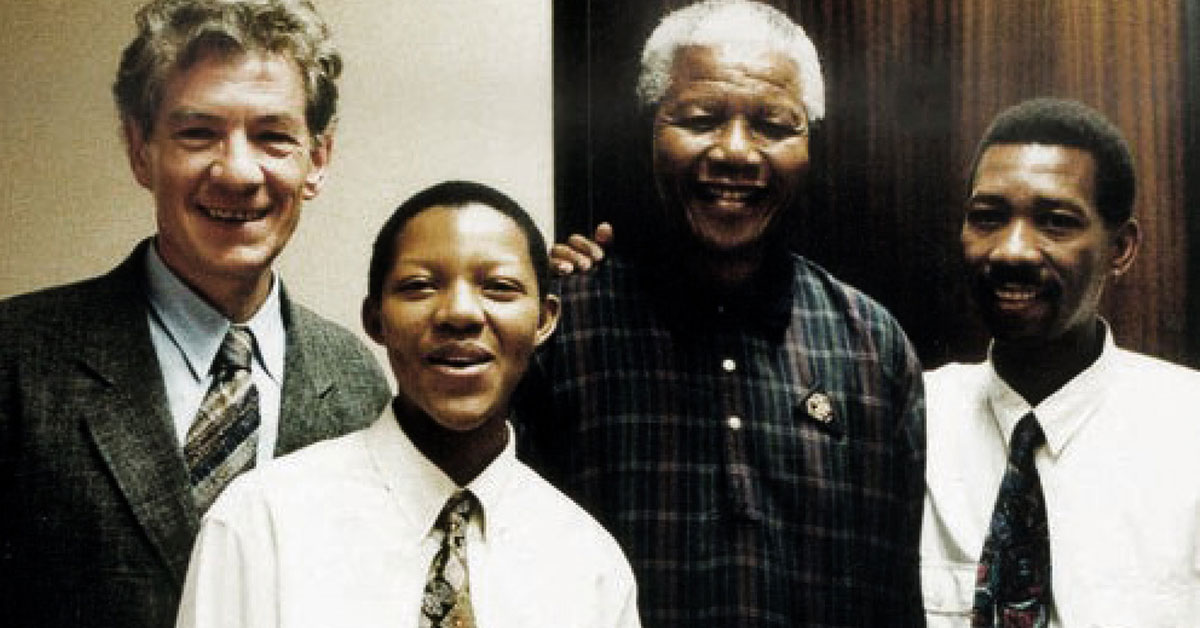14 things you should know about Simon Nkoli

Simon Nkoli is one of South Africa’s most influential queer icons and was a fearless fighter against all forms of stigma, discrimination and inequality.
In his honour, here are 14 things you should know about the amazing Simon Nkoli.
1. Simon was born on 26 November, 1957 in Soweto but grew up on a farm in the Free State before his family moved to Sebokeng.
2. He came out as gay at the age of 18 to his mother. She took him to a priest, sangomas and a psychologist in an effort to change his sexuality.
3. In order to live with his first lover, a white bus driver called Andre, Simon had to pretend to be his domestic worker to avoid arrest by the apartheid state.
4. He was a youth activist in the apartheid struggle and became the Transvaal regional secretary for the Congress of South African Students. His sexuality was a concern for other members and a vote was held as to whether he should be allowed to retain his title (he was)
5. In 1985 he was tried, along with 21 other freedom fighters, in the drawn-out Delmas Trial. Simon faced the death penalty for “treason”. Although he and the others were ultimately acquitted, he spent four years in jail.
6. He came out as gay to the other anti-apartheid leaders while in the Pretoria Central Prison. His jailed colleagues at first rejected him but he remained defiant and he is credited with opening up the freedom struggle to accepting LGBTQ rights.
7. During his time in Prison, Simon wrote many letters to his then-lover, Roy Shepherd. The often heartbreaking letters reveal that Simon loved pop music (Jennifer Rush, Peter Tosh, Grace Jones, and Gladys Knight and the Pips). He also enjoyed reading (especially romance novels) and was always aware of what he wore.

Simon Nkoli and fellow activist Phumi Mtetwa with Nelson Mandela and actor Ian McKellen
8. Simon was a member of the mostly white Gay Association of South Africa (GASA) but when he was imprisoned the group refused to support him, saying it was “apolitical”. This led him to consider creating a “new progressive gay organisation.”
9. After he was released in 1988, Simon founded the Gay and Lesbian Organisation of the Witwatersrand (GLOW). The group organised Africa’s first Gay and Lesbian Pride March in Johannesburg in 1990. Around 100 people took part, some wearing paper bags over their heads.
10. His most famous speech, delivered at the march, was a powerful statement about how one form of oppression cannot be isolated from another: “I am black and I am gay. I cannot separate the two parts of me into secondary and primary struggles. In South Africa, I am oppressed as a black person. And I am oppressed because I am gay. So when I fight for my freedom, I must fight for both oppression. All intolerance. All Injustice.”
11. Simon also had a huge impact on the fight against HIV/AIDS. He was diagnosed with the virus while in prison and went on to become one of the first openly-HIV positive African gay men. This was at a time when being positive was associated with great social stigma. His HIV activism included starting the Positive African Men support group in Johannesburg.
12. Simon campaigned for the successful inclusion of protection from discrimination on the basis of sexual orientation in South Africa’s groundbreaking Constitution and was one of the first LGBTQ activists to meet Nelson Mandela. He also fought for the repeal of the sodomy law, which happened in May 1998, shortly before his death.
13. Simon was recognised around the world for his activism and travelled widely. He opened the first Gay Games in New York and had a street named after him in Amsterdam. He has been the subject of books, a play, films and documentaries, most famously Beverley Ditsie’s Simon & I.
14. After living with HIV for around 12 years, he died of AIDS on 30 November, 1998 in Johannesburg (on the eve of World AIDS Day), at the far-too-young age of 41.
All photos of Simon Nkoli courtesy of GALA.
Sources:
https://web.archive.org/web/20071012030508/http://www.glbtq.com/social-sciences/nkoli_ts,2.html
https://web.archive.org/web/20070927000909/http://www.aegis.org/news/suntimes/1998/ST981202.html
https://www.gala.co.za/resources/docs/Letters_of_Simon_Nkoli.pdf
https://www.sahistory.org.za/dated-event/gay-rights-and-anti-apartheid-activist-tseko-simon-nkoli-dies
https://www.gala.co.za/resources/docs/Free_Downloads/Nkoli2.pdf
- Facebook Messenger
- Total523
Leave a Reply